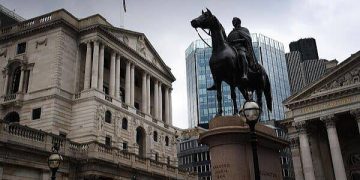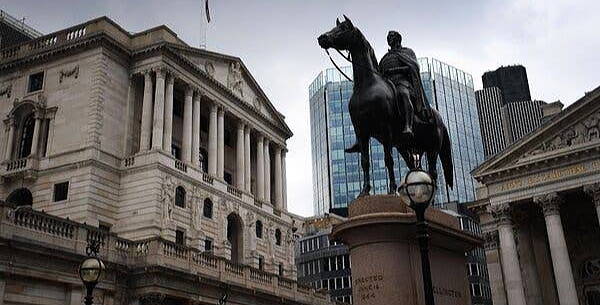By John Ikani
UK inflation decelerated more sharply than anticipated in October, registering at 4.6 percent, courtesy of a downturn in energy prices.
With the development, Prime Minister Rishi Sunak confidently announced that he has successfully fulfilled his commitment to cut inflation in half by the year’s end.
The Consumer Prices Index’s year-on-year increase was below economists’ projections of 4.8 percent and notably lower than September’s 6.7 percent, as reported by the Office for National Statistics on Wednesday.
On the currency front, the British pound dipped 0.22 percent against the dollar to $1.2470 on Wednesday morning, reflecting market sentiment that the Bank of England (BOE) has concluded its interest rate hikes.
The figures bring relief to Sunak, who, in January, expressed his desire to witness inflation halving from 10.7 percent by year-end. The tempered inflation sets a positive stage for the government’s Autumn Statement next week.
Expressing satisfaction with the ONS figures, Sunak acknowledged that achieving his goal demanded “hard decisions and fiscal discipline.”
Despite the welcome news of a slower rise in prices, Sunak recognized the ongoing struggles of many individuals and emphasized the need to persist in efforts to bring inflation all the way back down to 2 percent.
The substantial drop in headline inflation was influenced in part by a reduction in energy regulator Ofgem’s price cap, reflecting the decline in wholesale gas prices. A decrease in food price inflation also contributed to pulling down the headline number.
The core Consumer Price Index, excluding energy and food, increased by 5.7 percent in the 12 months to October, down from September’s 6.1 percent. The services inflation rate, a key indicator of domestic price pressures closely monitored by the Bank of England, retreated more than expected from 6.9 percent to 6.6 percent.
Shadow Chancellor Rachel Reeves acknowledged the relief the fall in inflation brings to families grappling with the cost of living.
However, she cautioned that successive Conservative administrations have left working people “worse off with higher mortgage bills” and “prices still rising in the shops.”
The UK’s inflation slowdown aligns with moderating price growth in other major economies, signaling an end to central banks’ tightening cycles.
In the US, consumer price growth dropped to 3.2 percent in October from the previous month’s 3.7 percent. Similarly, in the eurozone, inflation fell to 2.9 percent in October from 4.3 percent in September.
The more favorable inflation readings prompt discussions about the timing and location of the first potential interest rate reductions.
In the UK, the Bank of England insists on conclusive evidence of cooled price growth and a stabilizing labor market before considering any easing of borrowing costs.



































